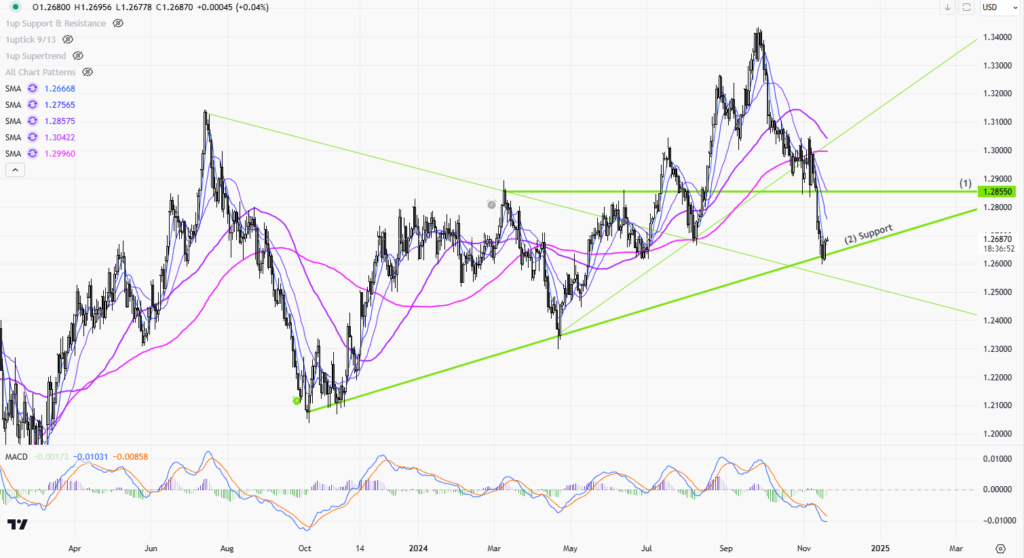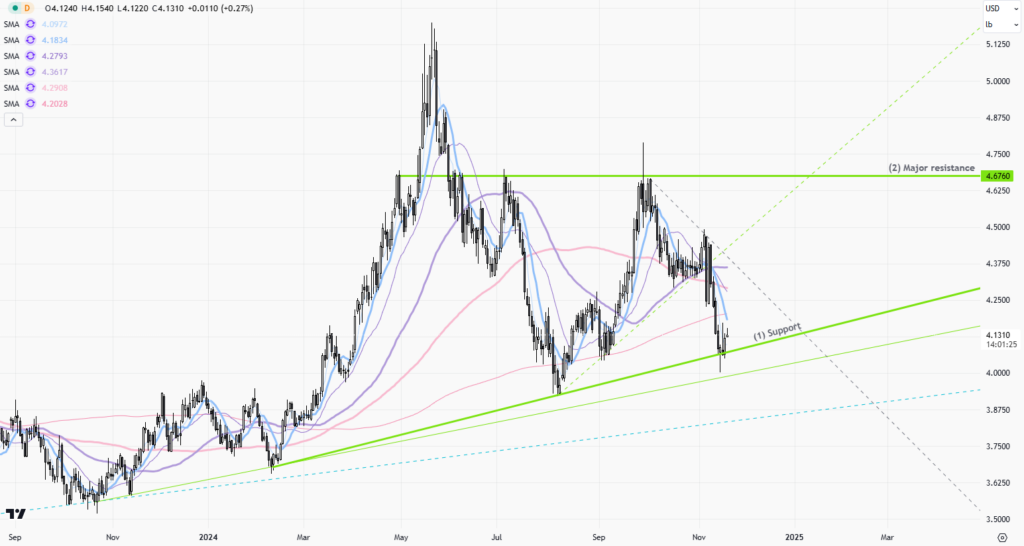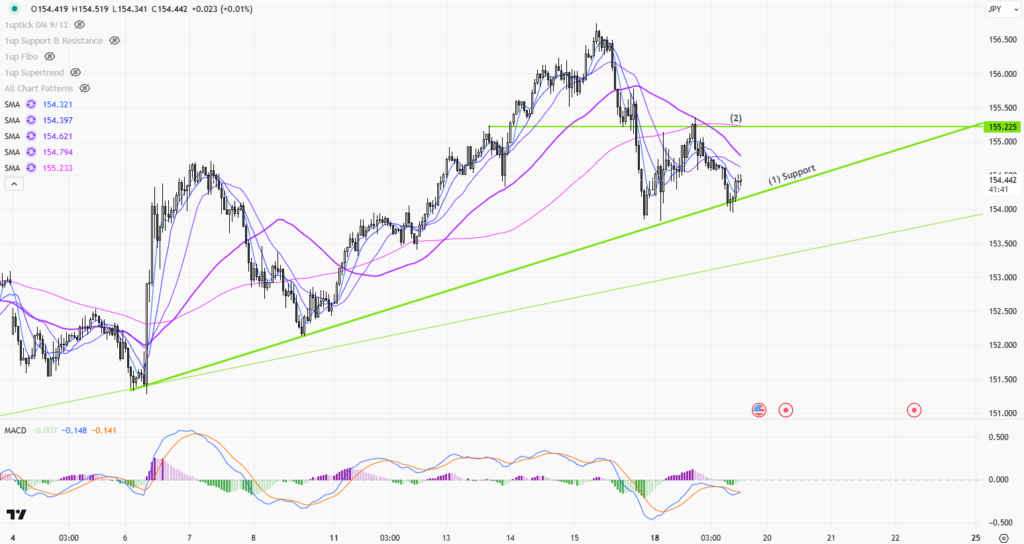 |
| Gold V.1.3.1 signal Telegram Channel (English) |
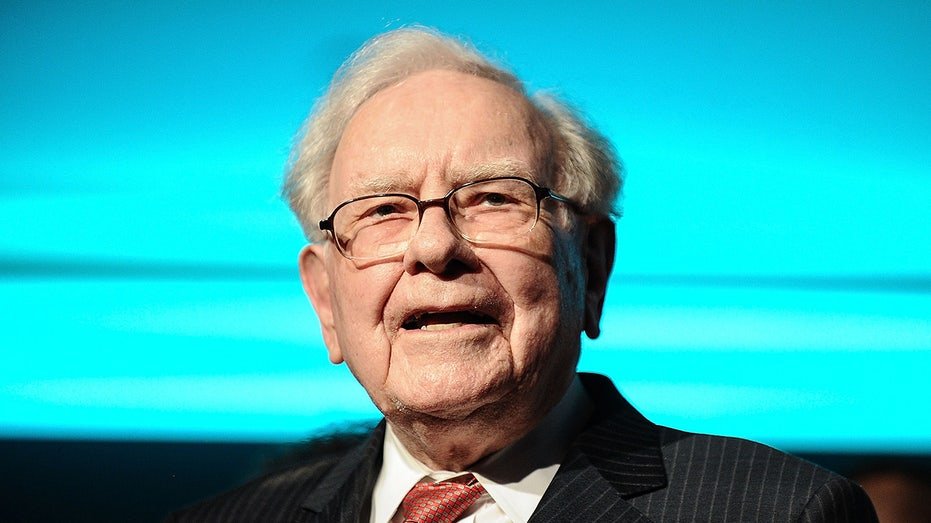
Warren Buffett to Step Down as Berkshire Hathaway CEO in 2025, Greg Abel to Lead Company into New Era
2025-05-04 @ 19:24
At 94 years old, Warren Buffett—the “Oracle of Omaha”—announced during Berkshire Hathaway’s annual shareholder meeting on May 3 that he will step down as CEO by the end of 2025, closing the chapter on a 60-year legacy of leadership and value investing. Held in its traditional home of Omaha, Nebraska, the meeting drew nearly 20,000 investors from around the world, all eager to witness what many have called Buffett’s farewell address.
Despite delivering the news with his trademark wit and calm demeanor, Buffett’s announcement sent ripples through the financial world. The five-hour Q&A session that followed offered rare insight into the future of Berkshire and Buffett’s perspective on global markets and long-term investing.
The biggest question—succession—was finally answered. Greg Abel, 62, who has served as Berkshire’s Vice Chairman and overseen its non-insurance businesses, will become the next CEO. Buffett praised Abel’s discipline and dedication, joking that his own ability to operate behind the scenes was only possible because Berkshire is so fundamentally sound. For shareholders concerned about potential changes in leadership style, Buffett reassured them that the company’s core investment principles and decision-making culture would remain intact.
The message was clear: value investing and long-term thinking remain at the heart of Berkshire’s strategy. Buffett and Abel both emphasized patience, noting that the firm is sitting on more than $340 billion in cash and short-term securities. Despite the pressure to deploy those funds, Buffett said they will wait for the right opportunities—even revealing they had recently walked away from a multibillion-dollar deal that didn’t meet their valuation criteria.
Internationally, Buffett reiterated his confidence in Japan. Berkshire’s stake in Japan’s five major trading houses—Mitsubishi, Mitsui, Itochu, Marubeni, and Sumitomo—now approaches 10% in each, with a collective value exceeding $20 billion. Buffett made it clear: these are long-term holdings, and he confessed he even regrets not buying more. He praised Japan’s business culture and governance.
Macroeconomically, Buffett’s biggest concern is not recession, but America’s expanding federal deficit. He warned that if fiscal discipline continues to be ignored, the dollar’s purchasing power could face serious challenges, potentially destabilizing the broader financial system.
On trade policy, Buffett didn’t mince words. He advocated for mutual, global trade relationships, stating, “If 7.5 billion people in the world are against you, it doesn’t matter what you think you’ve won.” His remarks were seen as a subtle critique of past U.S. tariff policies.
Berkshire’s record cash pile—currently at $189 billion—was another hot topic. Buffett explained that liquidity isn’t just about flexibility; it’s a buffer against uncertainty. The firm has evaluated several acquisition opportunities recently, but none met the price or quality standards.
As for artificial intelligence, Buffett struck a cautious tone. He acknowledged AI as a game-changing technology but hasn’t yet seen a clear, scalable commercial use case. Berkshire will continue to observe and stay prudent, particularly in core businesses like insurance, where systemic integrity and risk control take precedence.
Throughout the meeting, Buffett stressed the importance of emotional discipline in investing. He reminded shareholders that Berkshire’s stock has faced multiple 50% drawdowns over the years, yet each was followed by new highs. “Stock prices reflect emotions in the short term,” he said. “True investors look past the volatility.”
True to form, Buffett also touched on legacy. He confirmed that all his Berkshire shares will be donated to charitable causes and that he won’t sell a single share while he’s alive. He expressed full confidence in the incoming leadership team to carry on the firm’s mission.
To end the meeting on a lighter note, a young investor from Shanghai asked how Buffett deals with life’s setbacks. Buffett smiled and offered this reflection: “Hard times will come. But it’s better to focus on the good things. Look for what excites you.” He encouraged young people to choose work they love and surround themselves with those they admire.
With a swig of Coca-Cola, Buffett closed out not just another shareholder meeting, but a historic era. He joked about finally getting serious about working out after retirement, drawing laughter from the crowd. As he slowly stepped back from the spotlight, a new chapter begins for Berkshire Hathaway. And while the Buffett era may be drawing to a close, his philosophy—like the fizz in a Coke—continues to bubble in the hearts of value investors around the world.


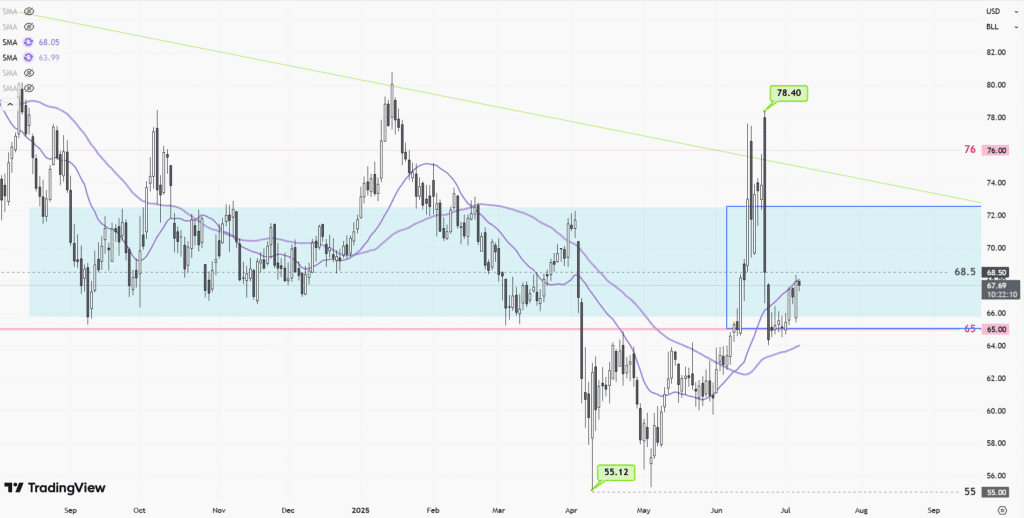
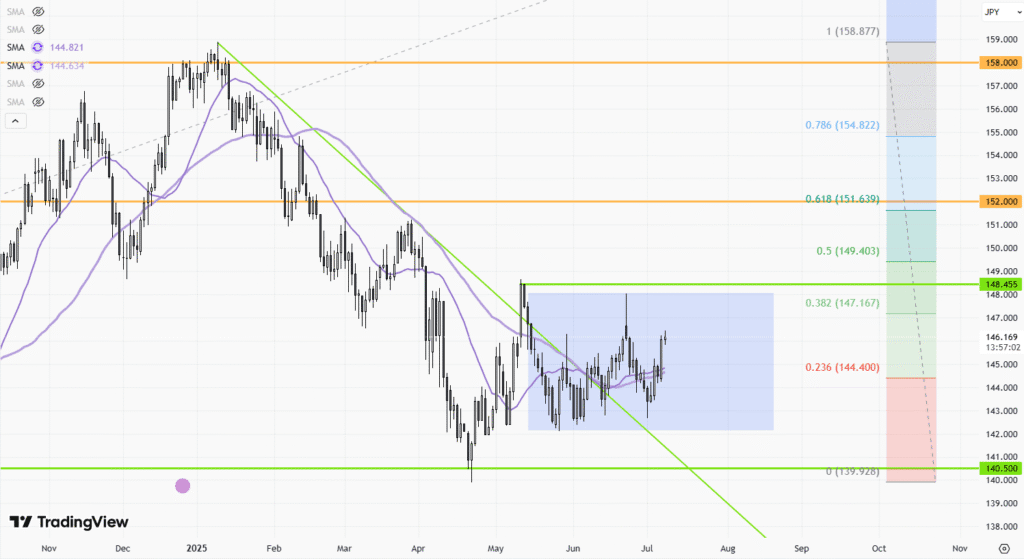
![[Daily Closing 🔔] Gold – Gold Prices in New York Swing Sharply as Geopolitical Tensions and Dollar Strength Drive Market Uncertainty](https://int.1uptick.com/wp-content/uploads/2025/05/2025-05-22T235933.071Z-file-1024x576.png)
![[Daily Closing 🔔] Gold – Gold Prices Climb to New Highs on Tuesday as Weaker Dollar Boosts Safe-Haven Demand](https://int.1uptick.com/wp-content/uploads/2025/05/2025-05-22T004512.731Z-file-1024x576.png)
